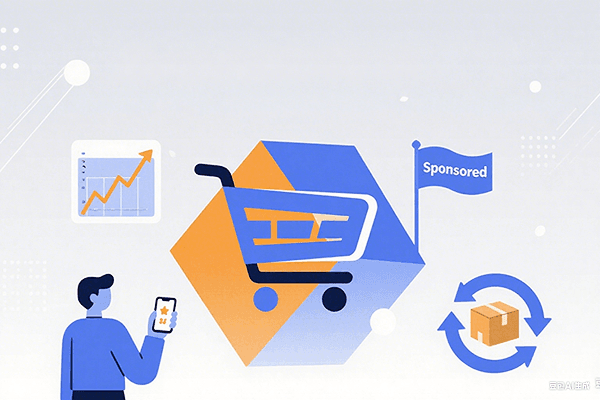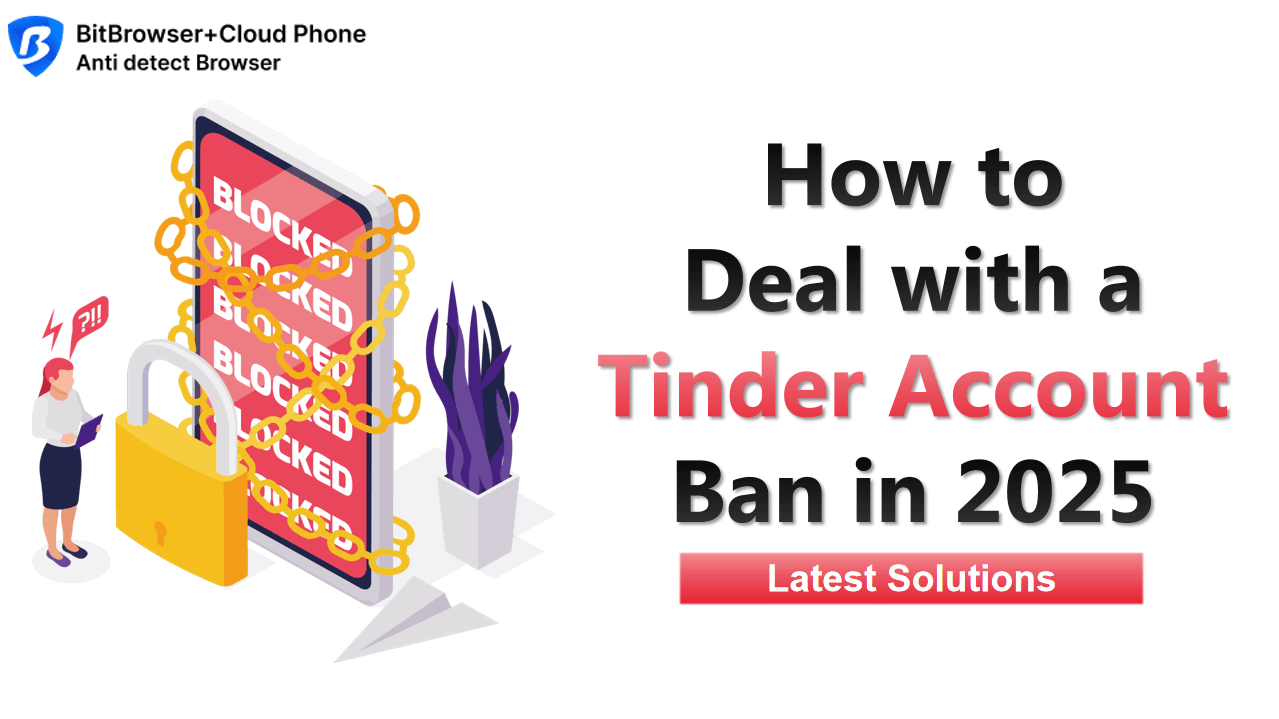
Hot Picks
How to run Facebook ads in 2025? Ideas

Hot Picks
How to promote on Amazon? Sharing various promotion methods

Hot Picks
Choose BitBrowser for fingerprint browsers, and look for the only official website: bitbrowser.cn
Amazon account ban, use anti-association browser to do this.
Time: 2023-05-19 17:04 Click:

Will only novice sellers encounter account linking?
If you think like this, sooner or later account association will come to you. In the field of cross-border e-commerce, Amazon, many old drivers stumbled in account association.
Previously, when I visited the forum, the director of a large cross-border Amazon company lost a store with good sales due to wrong operations on the Internet and was blocked.
Most e-commerce platforms do not allow multiple accounts per seller and limit the number of accounts for the same seller, which also applies to Amazon. Many sellers take the risk of running multiple accounts in order to spread their risk. The platform also judges whether the seller has multiple illegal accounts through various evidences, and takes measures such as warning, blocking the account, and closing the store.
How to deal with account anti-association is also a headache for sellers. Bit anti-association browser focuses on cross-border e-commerce multi-platform and multi-account anti-association.
Some factors and prevention methods that may lead to the association:
1. Intellectual property rights
IP is the simplest but also the easiest pit for sellers to encounter. If you use the same external IP to log in to other accounts, it will be recorded by Amazon and become a "time bomb" for later determination of account association.
2. Browser fingerprint
Browser information (browser type, kernel, version, operating system, etc.), screen resolution, browser plug-in (flash plug-in, etc.), font information (input method), browser receiving type and time zone information, etc.
3. cookies
It is not a big problem if this attention is kept clear.
4. Email information
Many sellers use different accounts to log in on the same computer, and the email address is bound to the same external network IP, which may also be considered related. You can avoid this by disabling the email reading function or checking the header of the email and then logging into the Amazon background to view the specific content of the email.
Do not use the same account information, especially the password, for the account. The recipient account number, domain name registrant, brand registrant, and business license entity information should also be different as much as possible.
Another product correlation that many sellers overlook. If a seller sells the same product on multiple stores with the exact same title, description, and image, the risk of being considered affiliated is high.
Having said so much, how does Amazon prevent associations? What precautions can we as sellers take in our day-to-day operations?
1. IP problem
Use an independent IP. There are many ways, such as virtual host or multiple network cables, or using an anti-association browser can save you time, effort and worry.
2. Browser fingerprint
Use different browsers, different plug-ins, different versions, and different computer operating systems, and stagger the time to process different accounts.
3. Mailbox
Do not log in on the same computer, turn off the email reading function, and develop the habit of checking the email title and entering the background of the platform to view the content
In addition, the same delivery address will also lead to account association, please do not use the same delivery address.
Amazon believes that there are many factors that are associated, but no single factor has been determined to be associated, and it may be the result of a combination of multiple factors. In daily operations, we sellers need to pay more attention and use some software tools to avoid falling into the trap of associated accounts.

 Multi-Account Management
Multi-Account Management Prevent Account Association
Prevent Account Association Multi-Employee Management
Multi-Employee Management



